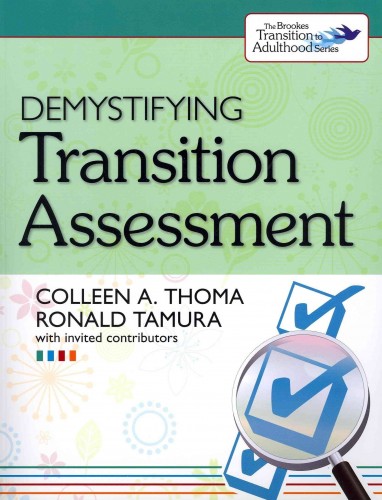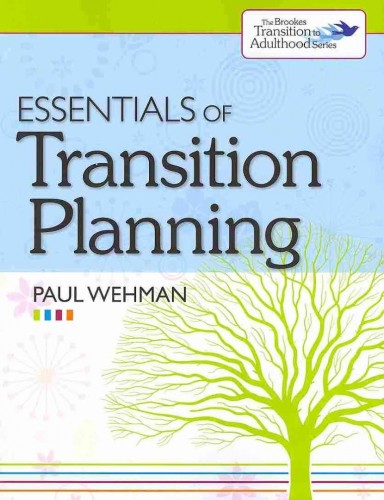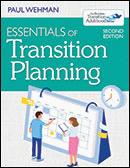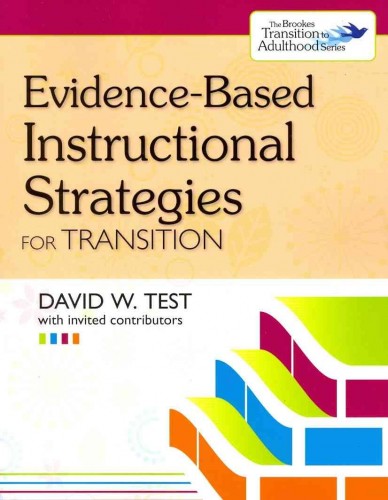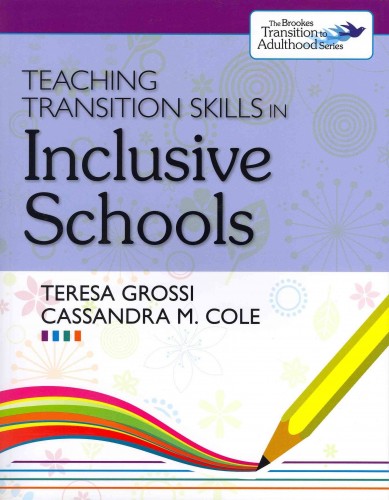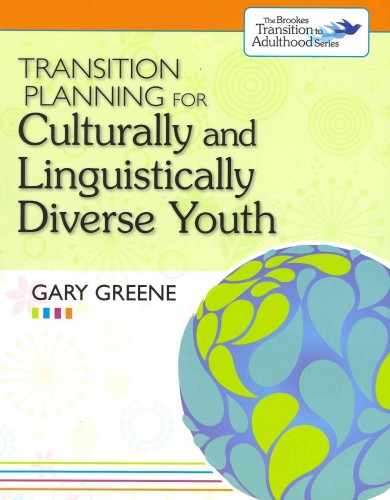- Pages 176
- Format 8½" x 11"
- Copyright 2013
-
Product Code 9781598572148 ( MR #066947 )
Price $34.95
$33.20 (quantity of 5+)
$31.46 (quantity of 10+)
$29.71 (quantity of 20+)
$27.96 (quantity of 50+)
$26.21 (quantity of 100+)
Assessment is the cornerstone of every good transition plan. Now there's a book that demystifies the what, when, why, and how of collecting transition assessment data—and using the results to help students with disabilities prepare for adulthood.
Developed by two respected transition authorities, this practical guide prepares education professionals to use today's best assessment tools and strategies to identify which transition approaches really work. You'll discover how to
- choose assessments appropriate for each situation and student
- apply best assessment practices in 7 key areas (see sidebar)
- collect the right data at the right time
- implement evidence-based practices that meet IDEA requirements for transition assessment
- make the most of informal assessments and formal performance-based methods tailored to each student's needs
- translate assessment results into better, more personalized transition IEP plans
To help you find the assessment tools that best meet your needs, the book includes an invaluable quick-reference guide to more than 90 transition assessments and which areas they assess. You'll also follow case studies of a teacher and two students as they navigate the transition assessment process, and you'll get sample forms for assessing student skills and goals, enhancing transition IEPs, helping students plan for college and employment, and much more.
Essential for every transition specialist and educator, this book will be your trusted companion as you make sound decisions about assessment; ensure individualized, person-centered transition plans; and support students' post-school goals and dreams.
Strengthen transition assessment in 7 key areas:
- Academics
- Self-determination
- Employment
- Community living
- Postsecondary education
- Recreation and leisure
- Health care
No additional information available for this item.

 Proud to be Canadian
Proud to be Canadian